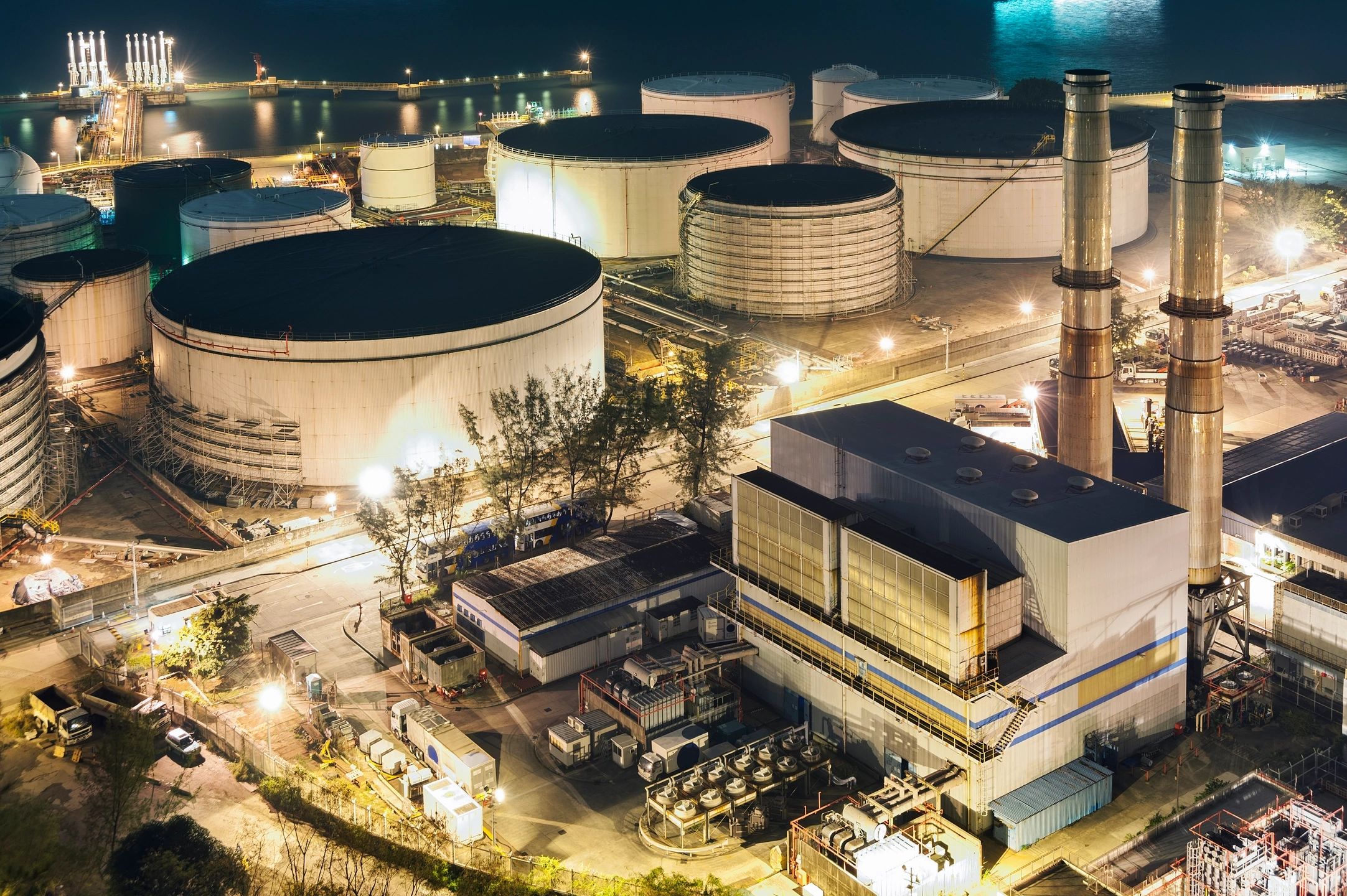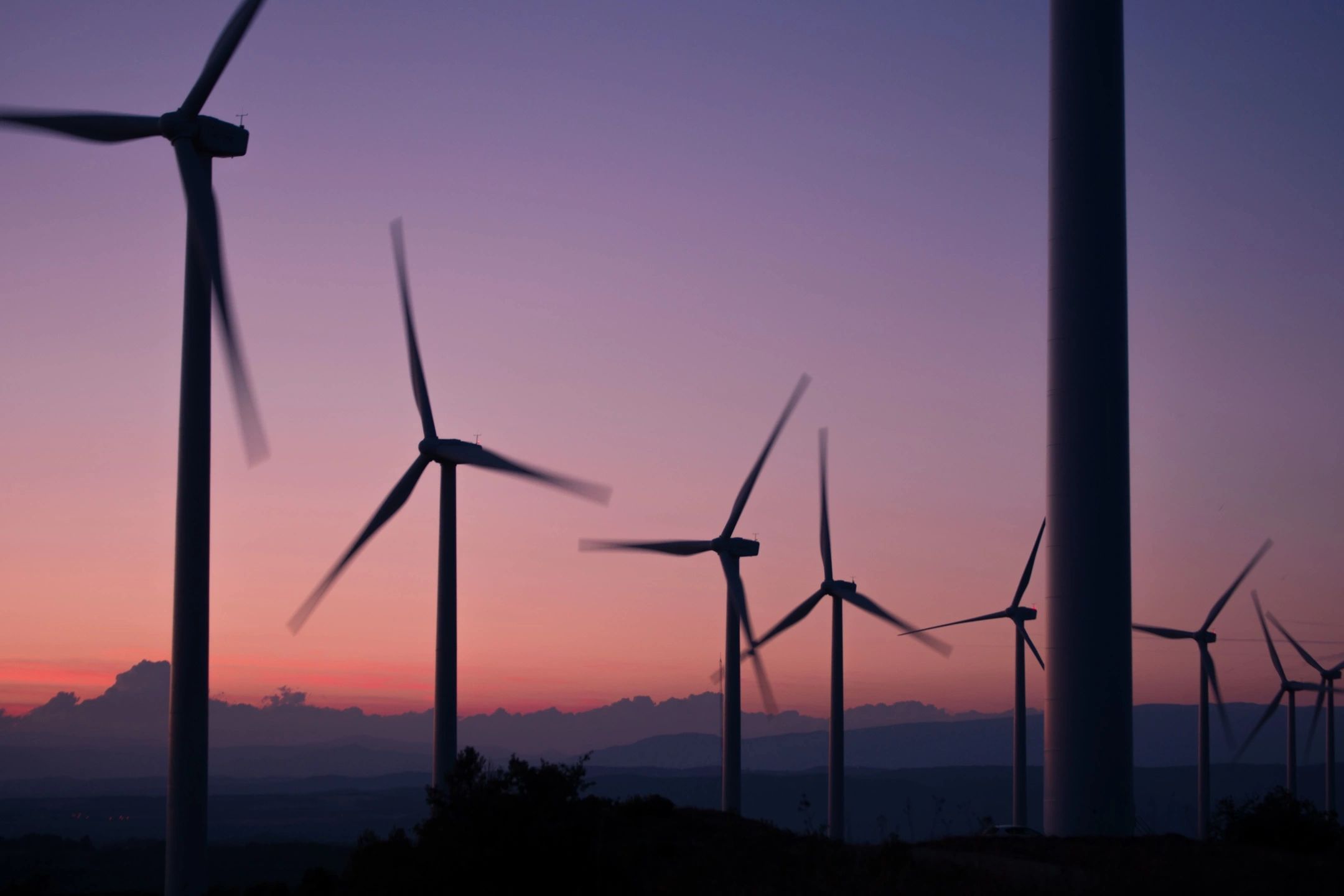Chinese companies are expanding their presence in the European renewable energy sector, especially in countries where political resistance is less pronounced than in the larger EU economies. Projects in Bosnia and Herzegovina (BiH) and Croatia demonstrate several key trends:
Strategy for penetrating the European market
China is using a combined approach:
- Equipment supplies (China dominates the production of solar panels and trackers).
- Direct investment (through subsidiaries, such as Aurora Solar).
- Engineering and construction (through state-owned corporations, such as NORINCO).
The choice of BiH and Croatia is not accidental:
- These countries have weaker regulatory barriers and anti-Chinese sentiment compared to Germany or France.
- They are eager to develop renewable energy, but lack capital and technology – Chinese companies are filling this gap.
Projects as a tool of soft power
- In Croatia, the Prime Minister attended the opening ceremony, which underlines the political significance of cooperation with China.
- China positions itself as a partner helping the EU (and neighboring countries) achieve climate goals, despite trade conflicts (for example, the EU anti-dumping investigations against Chinese electric cars and solar panels).
Problems with transparency and ecology
As the example of BiH has shown, Chinese projects often face criticism:
- Lack of public consultations – local residents complain that decisions are made without their participation.
- Environmental risks – despite the “green” status of solar energy, the construction of SPPs can affect soil, biodiversity and water resources.
- Corruption risks – in countries with weak governance (like BiH), violations in issuing permits are possible.
Economic benefits for host countries
Despite criticism, the projects bring benefits:
- Budget revenues (taxes, concessions).
- Job creation (albeit often temporary).
- Developing renewable energy sources is a step towards reducing Croatia’s dependence on energy imports.
Conclusion
China is successfully using solar energy as a tool for economic and political expansion in Europe. However, the growth of Chinese influence may lead to:
- Increasing dependence of some countries on Chinese technologies;
- Conflicts with the EU, which itself is seeking to develop its own green industry;
- Social resistance if projects are implemented without taking into account the interests of local communities.
For smaller European countries, this is an opportunity to attract investment, but it is important to maintain a balance between economic benefits and environmental/social standards.









